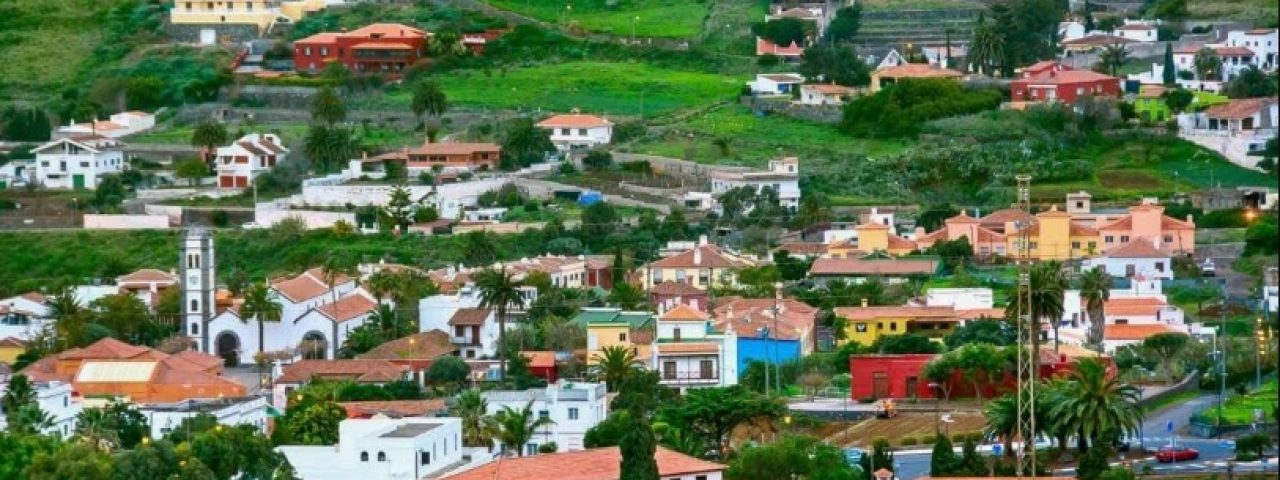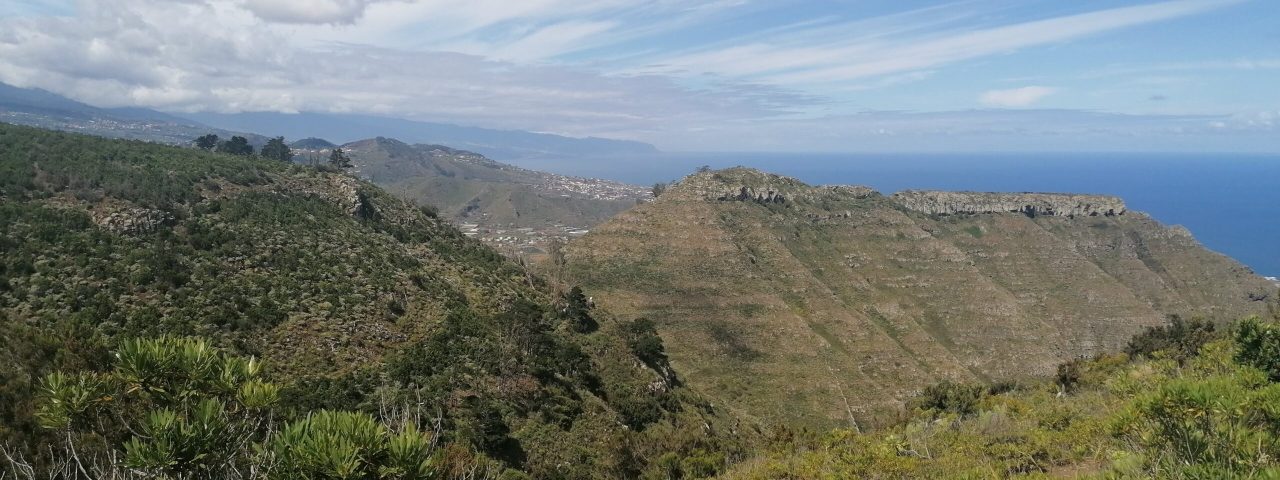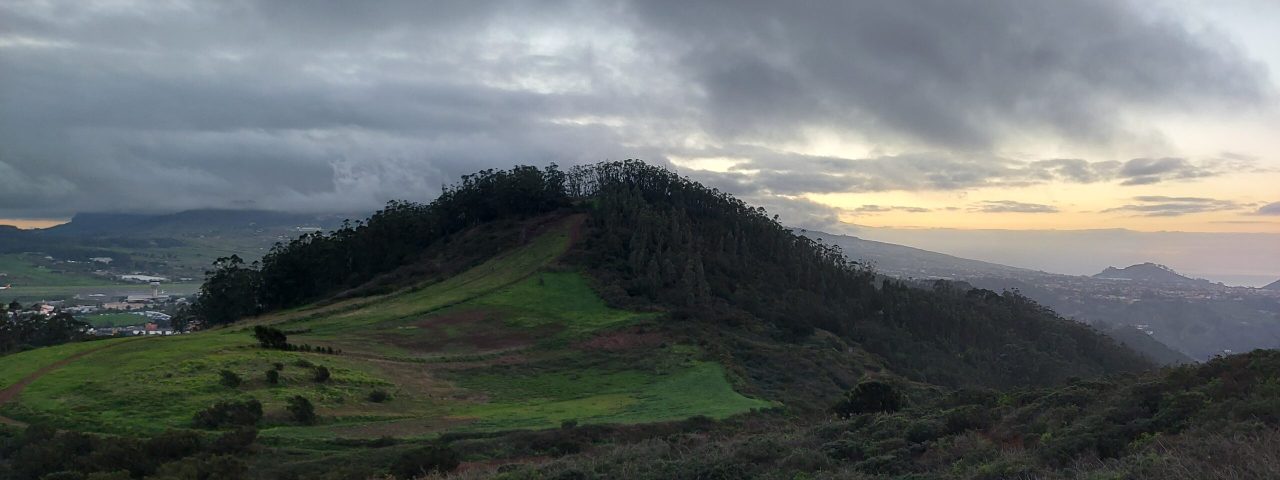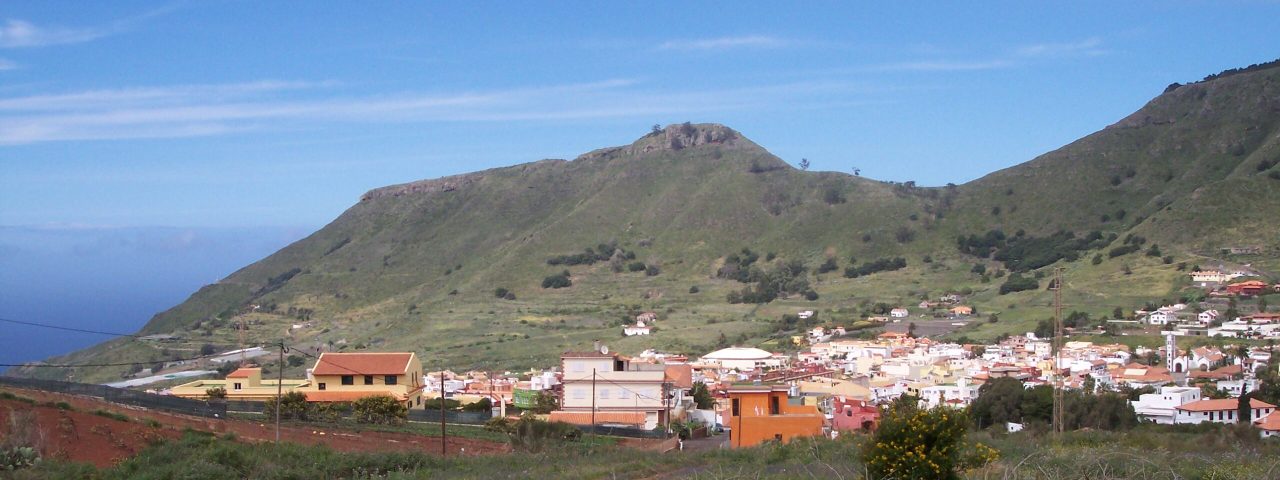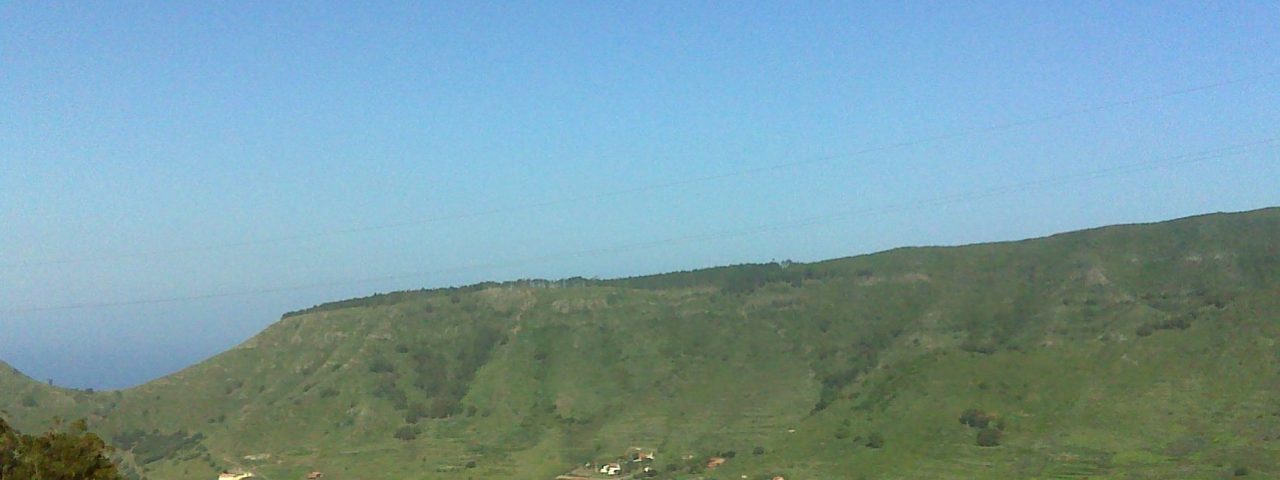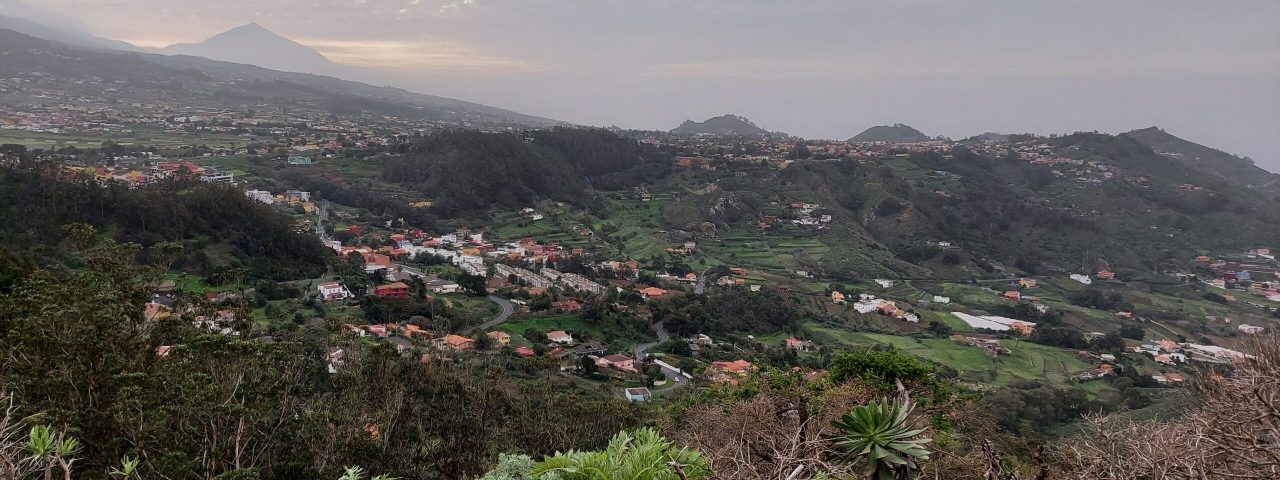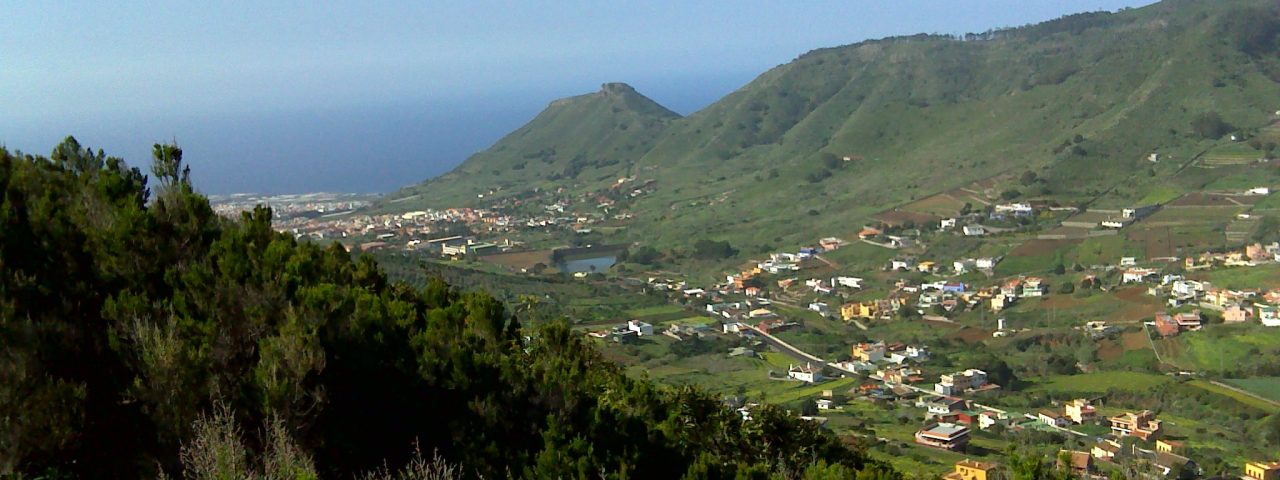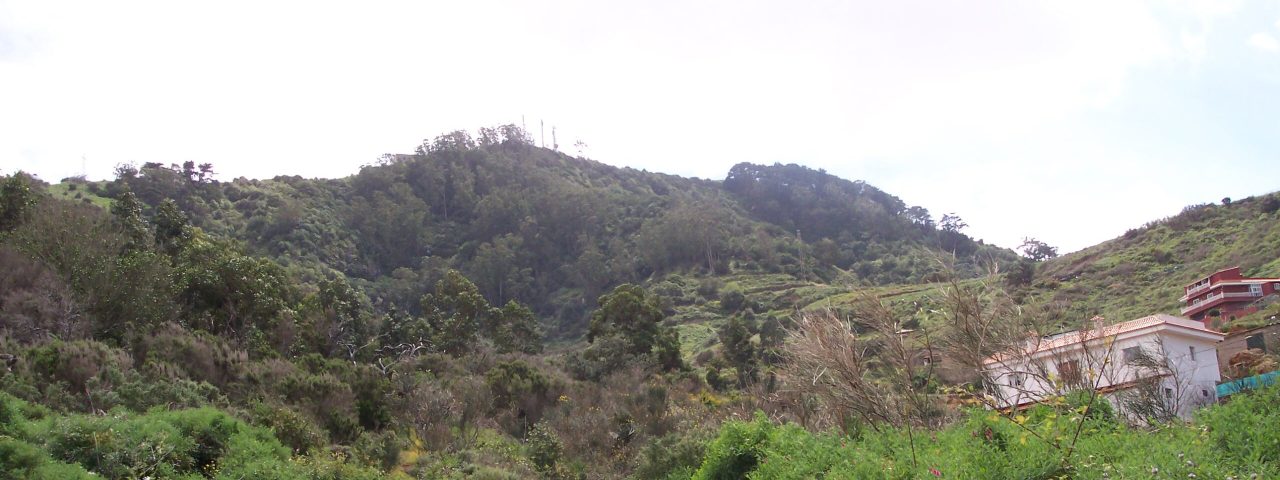Tegueste boasts a rich history dating back to pre-Hispanic times, when the island was inhabited by the indigenous Guanche people. The town gets its name from Tegueste, a former Guanche king, reflecting its deep-rooted connection to the island’s native culture. The Guanches lived here until the Spanish conquest in the late 15th century, which brought significant cultural changes but also helped shape the Tegueste of today.
The town is renowned for its commitment to preserving Canarian traditions, with several annual festivals and cultural events. One of the most notable is the Romería de San Marcos, a traditional celebration in April where locals don colorful costumes and parade through the streets with ox-drawn carts, dancing and sharing local food and drink. This festival is one of the largest and most significant in the Canary Islands, drawing visitors from across the region.
Tegueste is also a cultural hub for Canarian folklore, with many local groups dedicated to traditional music and dance. The town’s history is also reflected in its architecture and customs, with several heritage buildings and squares that serve as gathering points for community events and festivals.
